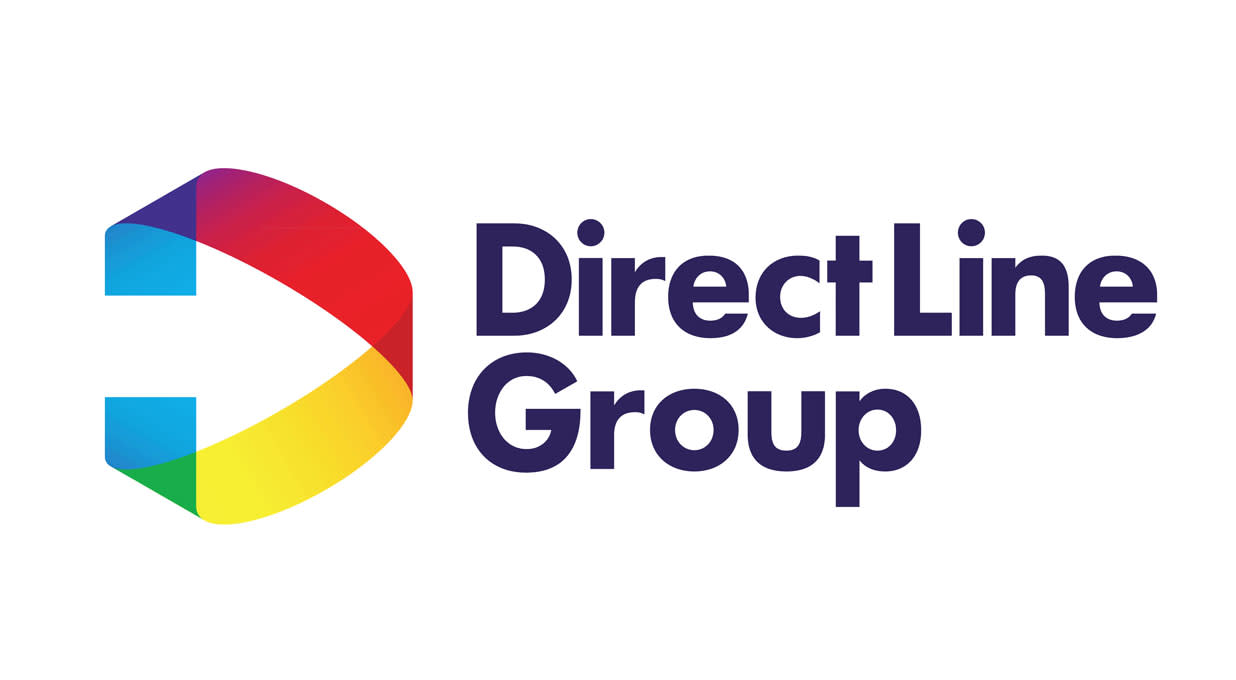Direct Line Group reported a 53.5% rise in gross written premiums to £1.8bn. That was mainly due to the Motability partnership, which wasn’t included in last year’s figures. Taking that out, growth was 11.4%. In-force policies were 3.1% lower from the start of the period at 9.0mn.
Operating profit of £63.7mn improved from the loss of £93.7mn last year. Motor insurance margins were still negative at -3% but showed improvement. New motor business is being written at margins above 10% and is expected to drive an improved result over the second half.
The solvency capital ratio after dividends, a measure of balance sheet strength, improved from 188% to 198%. A 2.0p dividend was announced; nothing was paid this time last year.
The shares were broadly flat following the announcement.
Our view
It’s no secret that Direct Line has struggled over the past few years to deal with a challenging motor insurance market, and operational missteps have been a drag on performance. But recent results have painted a better picture than investors have had for some time. Armed with a fresh management team focussing on core areas like motor and home insurance, there’s renewed optimism that Direct Line can get back on track.
Given Motor makes up close to half of all active policies, unprofitable contracts written over the past 18 months have weighed on recent performance. But aggressive price hikes have finally caught up with inflated costs. New policies are being written at levels in line with a net insurance margin of above 10% - back in the land of profit.
The Motor division isn’t back to delivering positive margins just yet, but that should fix itself over the second half. Direct Line was slower to raise prices than the wider market which means it’ll take longer to feel the benefits than peers.
But, policyholders tend to be fickle and are happy to switch around in search of a better deal. Motor customer numbers are falling quite sharply. That’s okay in the short term, while margins are the priority. Further out, we’ll be hoping to see the introduction of Direct Line to price comparison sites as a catalyst for customer growth.
Aside from Motor, performance across other business lines has been pretty good. Home insurance is a big part of the operation and remains profitable despite an uptick in claims inflation. Price hikes are again being called on, but customer numbers are proving a little more resilient than in Motor.
Capital levels are back at comfortable levels, and the board’s decided to keep an added buffer in place while the transformation efforts run their course. It’s also taking a more prudent approach to dividends with a new policy based on paying out 60% of post-tax earnings. We think this is a good move given the market's cyclical nature.
Armed with a new leadership team and refreshed strategy, this version of Direct Line looks more attractive than it has been for some time. However, with so much change in senior positions and a turnaround effort that’s far from complete, there are ongoing risks. We also see limited upside to the current valuation, which looks to have already priced in the more positive sentiment and improving market.
Environmental, Social and governance (ESG) risk
The financials sector is medium-risk in terms of ESG. Product governance is the largest risk for most companies, especially those in the US and Europe with enhanced regulatory scrutiny. Data privacy and security are also an increasingly important risk for banks and diversified financial firms. Business ethics, ESG integration and labour relations are also worth monitoring.
According to Sustainalytics, Direct Line’s management of material ESG issues is strong.
Direct Line’s offering of responsible products is adequate, but it falls short in areas such as monitoring, regular training, and thorough processes for investigating complaints. Improvements could be made in data privacy due to a lack of regular risk assessments and insufficient training and auditing on cybersecurity. On a positive note, the company scores well in governance, featuring a strong board structure and remuneration policies linked to appropriate targets, including environmental, social, and governance (ESG) criteria.
Direct Line Group key facts
All ratios are sourced from Refinitiv, based on previous day’s closing values. Please remember yields are variable and not a reliable indicator of future income. Keep in mind key figures shouldn’t be looked at on their own – it’s important to understand the big picture.
This article is not advice or a recommendation to buy, sell or hold any investment.No view is given on the present or future value or price of any investment, and investors should form their own view on any proposed investment.This article has not been prepared in accordance with legal requirements designed to promote the independence of investment research and is considered a marketing communication.Non - independent research is not subject to FCA rules prohibiting dealing ahead of research, however HL has put controls in place(including dealing restrictions, physical and information barriers) to manage potential conflicts of interest presented by such dealing.Please see our full non - independent research disclosure for more information.


